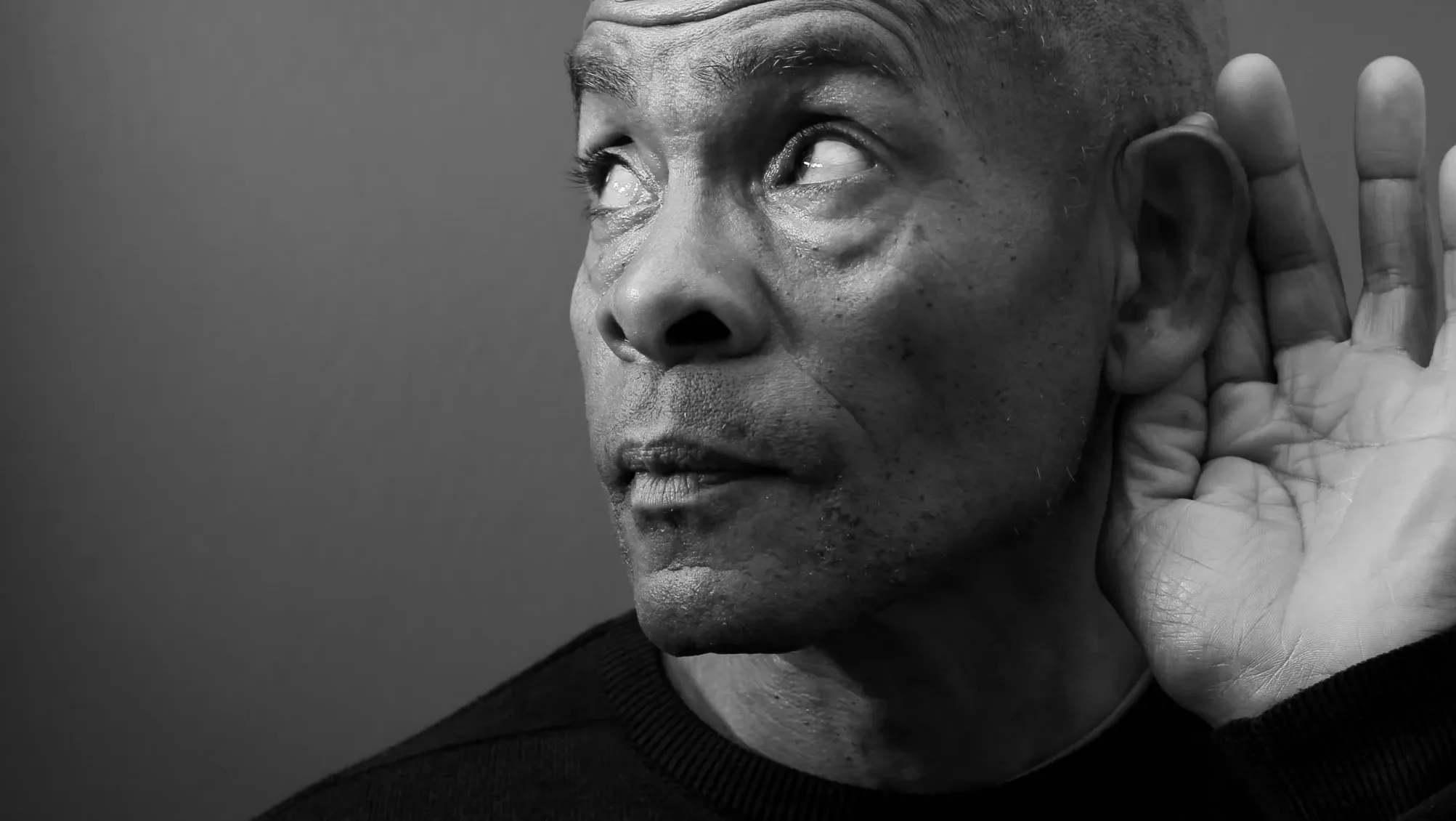As we commemorate the legacy of Rev. Dr. Martin Luther King Jr., his poignant words echo through the corridors of history, reminding us of the profound impact of silence in the face of injustice.” In the end, we will remember not the words of our enemies, but the silence of our friends,” he solemnly declared. These words resonate today more than ever as we witness the erosion of principles for which King fought and died, while purported allies remain conspicuously silent. This is the thrust of Shaun Harper’s recent article, “The Complicity Of Silent Friends And Allies As DEI Is Being Dismantled.”
In a recent reflection on King’s advocacy for diversity, equity and inclusion (DEI), it becomes evident that the core values he championed remain as relevant today as they were in his time. Yet, despite the lip service paid to DEI initiatives, a disconcerting silence pervades the corridors of power as legislative bans on DEI initiatives proliferate and corporate diversity programs face dismantlement.
Who are these silent allies? They are the paradoxical progressives who have garnered accolades and benefits from the diversity they claim to champion. From participating in tokenistic gestures such as cultural festivals and diversity walks to securing lucrative contracts and grants, these allies have profited from their professed commitment to DEI.
But when the moment demands vocal advocacy and unwavering support, their silence speaks volumes. Even as anti-DEI legislation threatens to roll back decades of progress, they remain conspicuously absent from the fray. Why the silence?
In reflecting on past moments of racial reckoning, such as the aftermath of George Floyd’s murder, it becomes apparent that performative gestures often eclipse substantive action. Harper’s stories of “Meg” and “Chuck,” white corporate leaders who epitomize this phenomenon, highlight the contradictions inherent in allyship. While eager to showcase their commitment to DEI when it was fashionable, they shrink from meaningful engagement when the stakes are highest.
As legislative attacks on DEI gain momentum, the urgency for allies to speak out has never been greater. The silence of those who have benefited from DEI initiatives is not only a betrayal of King’s legacy but a tacit endorsement of systemic injustice. It is incumbent upon them to leverage their platforms, networks and influence to counter misinformation and champion the cause of DEI.
While the challenges may seem daunting, there remains hope in collective action. As King admonished, “There comes a time when silence is betrayal.” That time is now. In the face of adversity, we must heed his call and break the silence, for the words and actions of allies will be remembered long after the echoes of injustice have faded.
In conclusion, the legacy of Rev. Dr. Martin Luther King Jr. serves as a poignant reminder of the power of collective action in the face of adversity. As we confront the existential threat to DEI initiatives, the silence is deafening. Harper’s insight resonates profoundly, underscoring the urgency of his message. It is time to heed King’s call and lend voices to the struggle for justice. For in the end, it is not the words of adversaries that will be remembered, but the resounding silence of those who chose not to act.

